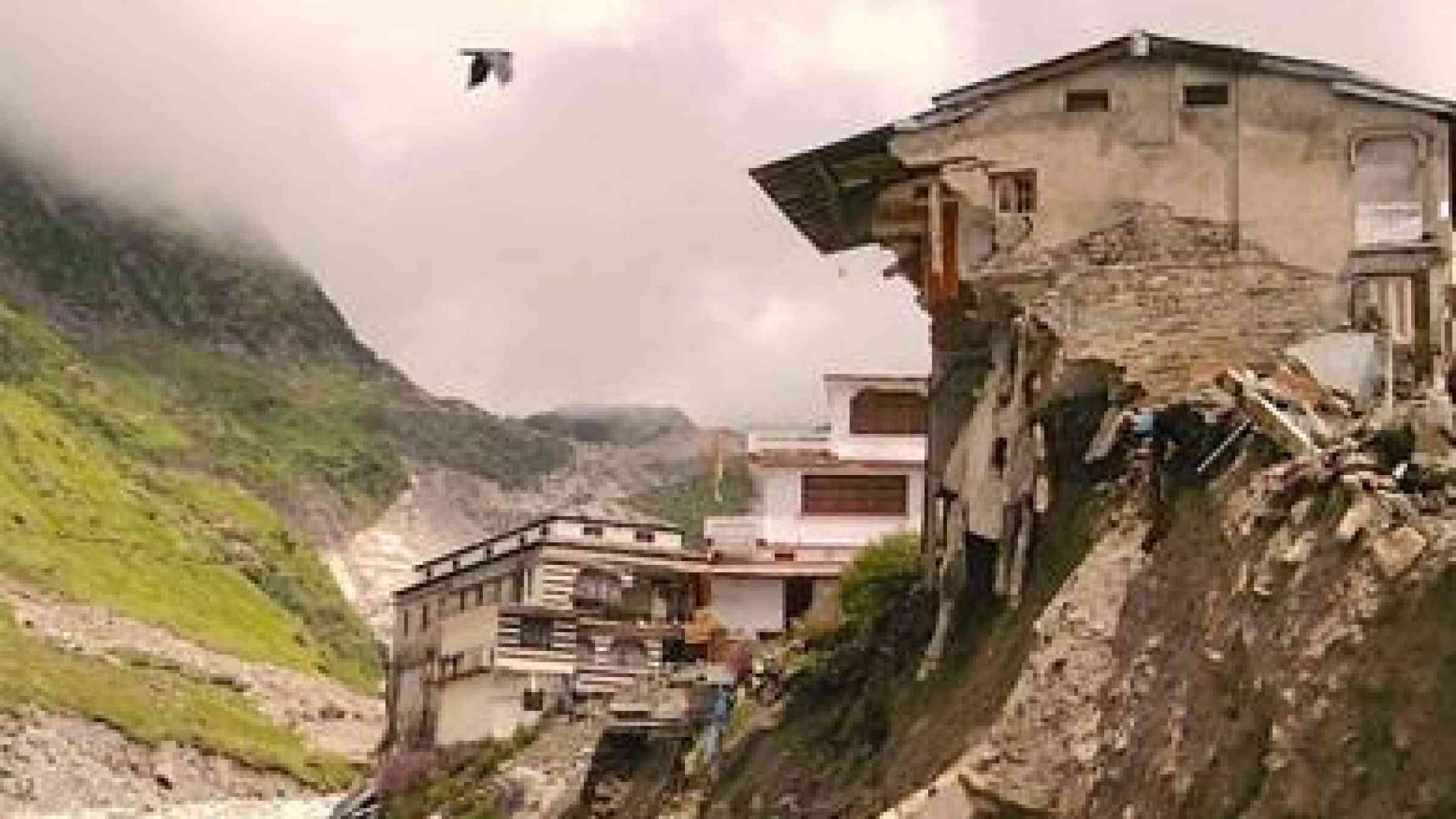India: Remembering the devastation - A year since the Uttarakhand disaster

By Parvinder Singh, Oxfam India
Any views expressed in this article are those of the author and not of Thomson Reuters Foundation.
New report on Uttarakhand disaster calls for long-term sustainable development
A new report Uttarakhand: Development and Ecological Sustainability by environmentalist Ravi Chopra says the devastation on June 15-17, 2013 was magnified many times over by heavy construction and the model of infrastructure-led development in the hill state. The Report calls for long-term measures to create a development model that is environmentally sustainable and not just focused on construction and commercialization along the riverbanks.
With a well-researched insight into the state’s development approach and its vulnerability to climate change, especially from the viewpoint of the community, the report provides detailed recommendations. These include focusing on ecological sustainability, equitable livelihood development, sustainable infrastructure and disaster preparedness among others.
“Oxfam India endorses the findings of the report, which calls for a more people-centered green development path that is based on a holistic understanding of the state’s environmental reality as a hill state. We believe that while disasters might be natural, the scale and severity of their impact on communities’ lives and livelihoods depend on how well we prepare and respond to them,” said Nisha Agrawal, CEO of Oxfam India.
“When the disaster struck, Oxfam India, like many others, responded to the humanitarian crisis. The immediate needs of water, food, shelter and cash for work were addressed,” added Zubin Zaman, Deputy Director, Humanitarian and Disaster Risk Reduction (DRR) for Oxfam India.
“Following the immediate relief work after the disaster, Oxfam India has been working with the communities to rebuild their lives and livelihoods, access to services and long-term resilience. We have also been part of the wider conversations about how to rebuild Uttarakhand and what a long-term, more sustainable development path for Uttarakhand might look like,” said Nand Kishor Singh, Regional Manager for North India, Oxfam India.